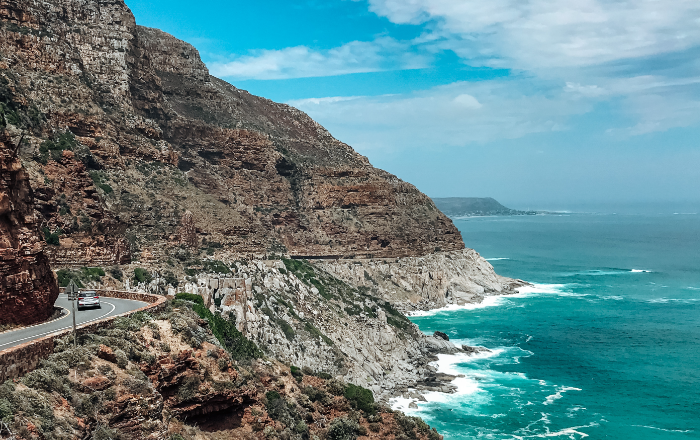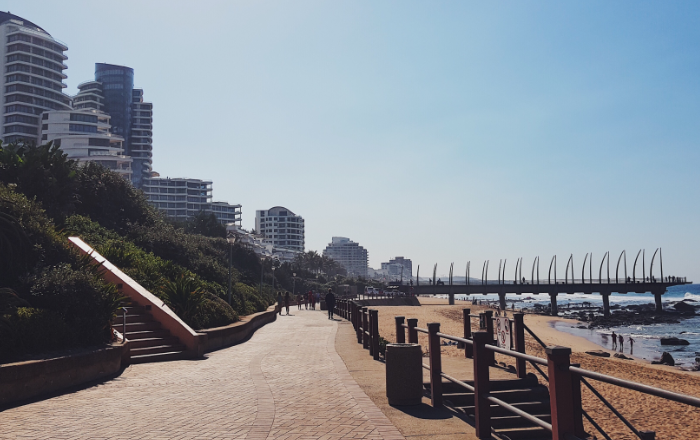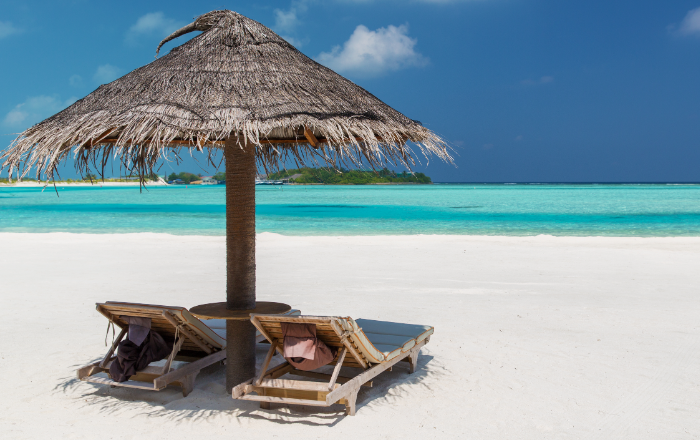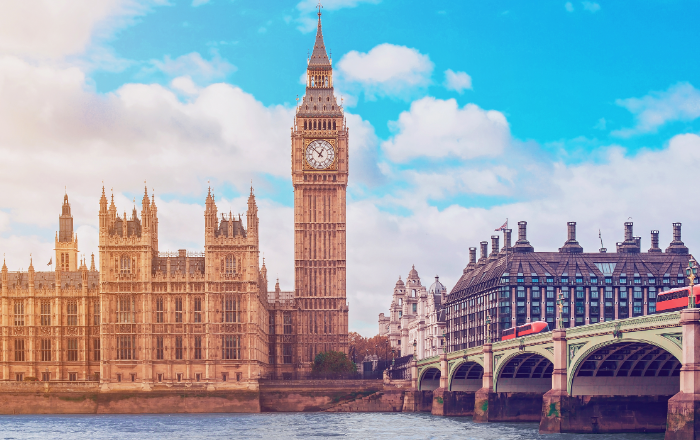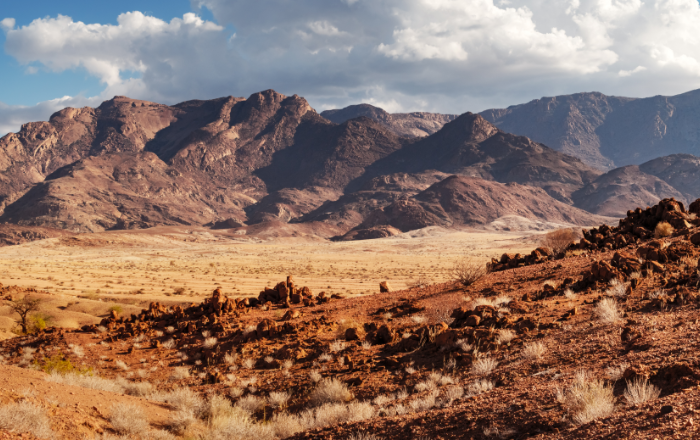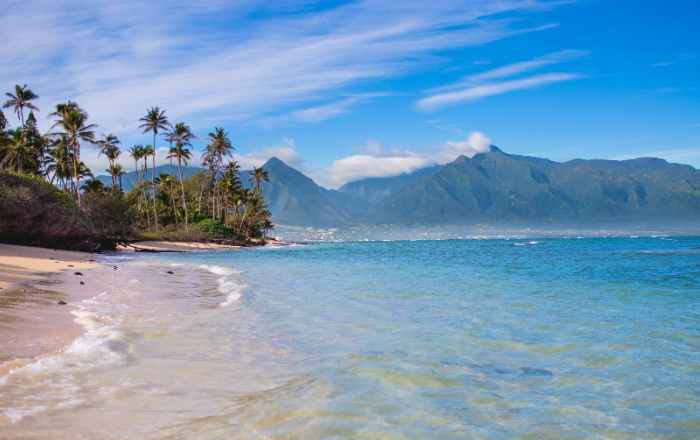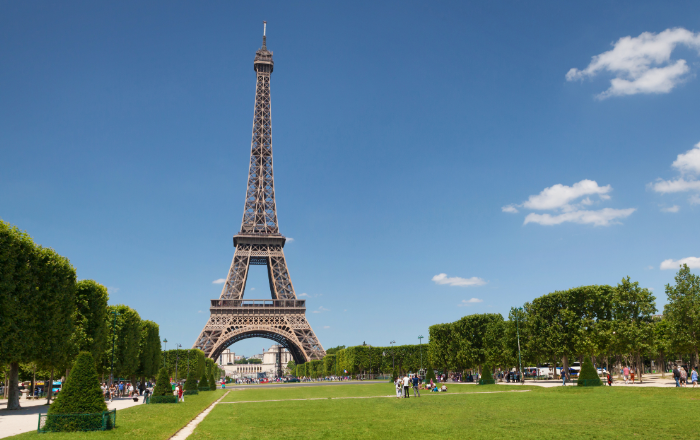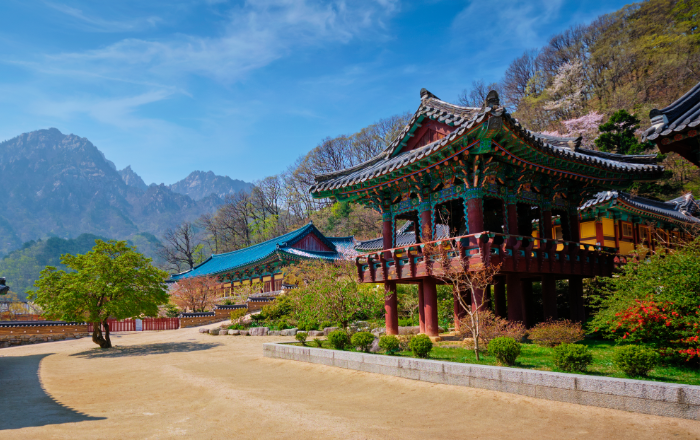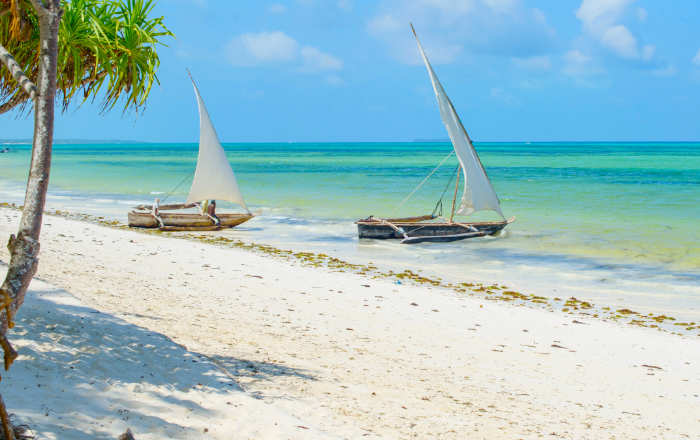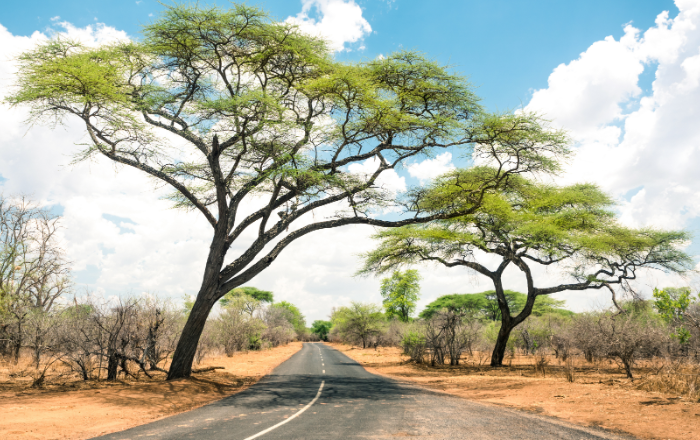Plane tickets from Albuquerque to Tulsa
Tulsa, the second largest city in Oklahoma, is a vibrant, diverse, and welcoming community that is filled with history, culture, and entertainment. It is renowned for its art and music scene, its impressive downtown skyline, and its vast array of attractions and activities. From the Tulsa State Fair to the Oklahoma Jazz Hall of Fame, there is something for everyone to enjoy in Tulsa. Furthermore, Tulsa is known for its strong sense of community and is a great place to work, live, and play. Let's dive into the details of all that Tulsa has to offer.
Getting to Know Tulsa
Tulsa is the second-largest city in the state of Oklahoma, with a population of approximately 400,000 people. It is located in the Central Time Zone and has a humid subtropical climate, characterized by hot and humid summers and mild snow-filled winters. English is the primary language spoken in Tulsa and most of the locals in the city are native English speakers. However, there is an active Hispanic community in the area, which has its own Spanish-speaking areas. The currency in Tulsa is the US Dollar. The city is also home to a wide range of banks, credit unions and other financial institutions, providing access to currency exchange services. Tulsa is an interesting and cosmopolitan city that offers plenty of cultural attractions, flavorful food and lively events. It is a great place to visit and many of the locals are warm and friendly.
Climate and Weather
Tulsa, Oklahoma is located in the Central section of the United States and its climate can be described as a temperate sub-tropical desert climate. The summers are hot and dry, with temperatures reaching into the mid-90s and high humidity. The winters are cool and dry with occasional snowfall and occasional cold spells. The annual average temperatures range from 38-76 degrees Fahrenheit (3-24 Celsius). The city receives approximately 37 inches of precipitation each year, primarily in the form of rain during the spring and fall months. The city also experiences occasional severe weather, including thunderstorms, tornadoes, hail, and hurricanes. The city is also highly prone to drought, with periods of no rain lasting as long as several weeks during the summers.
Touring Tulsa: Airport and Transportation
There are two airports in Tulsa. The main airport is Tulsa International Airport (TUL) and Tulsa-R.L. Jones Jr Airport (RVS). You can get from Tulsa International Airport to downtown Tulsa by taxi or ride-share. It will cost approximately $20-$25. You can also use public transportation, the Tulsa Transit. The cost is $1.75 per trip on Tulsa Transit route 70 and the trip takes approximately 30 minutes, depending on the time of day. No, there are no currency exchange services at Tulsa International Airport.
Exploring the Rich History and Culture of Tulsa
- Tulsa is home to several renowned cultural institutions, including the Brady Theater, Gilcrease Museum, and Philbrook Museum of Art.
- Tulsa's history is rooted in the rich cultural traditions of its Native American predecessors and its more recent history of oil and railroad booms.
- Tulsa is known for its vibrant music scene, including the Tulsa Blues Festival, the Woody Guthrie Folk Festival, and the Americana Music Triangle
Check the weather before buying a ticket from Albuquerque to Tulsa
Q&As for booking flights from Albuquerque to Tulsa
Are there any nonstop flights available to {destination}?
With the convenient choice of several air companies, you can always get onboard the one that will take you right to {destination} without having to worry about long layovers or inconvenient schedules. Airlines takes you to {destination}
If I want to visit the Kruger National Park, which airport should I travel to?
Depending on your city of departure, you can find many flexible booking options that can bring the tourist attraction to you in the quickest time. To {destination} will get you, offering you the closest starting point for your visit to Kruger National Park
What is the most convenient city I should travel to if I want to visit the Table Mountain in South Africa?
The Table Mountain is a must-see attraction if you want to make your travel experience to South Africa the one to remember. In order to visit the famous landmark in the most convenient location, travel to airports starting to {destination} to enjoy the view.
What is the process flight-tickets.co.za employs to find cheap prices for me for trips originating heading to {destination}?
In order to find the lowest airfare starting in and arriving at {destination}, it is advisable to be flexible with your dates. The same flight could have a lower price depending on your return and also if it is international or domestic. For your ease we have a price calendar to help you choose the most convenient day to fly. In the last week, the trip with the lowest price to {destination} was the cheapest price.
How much does airfare to {destination} usually cost?
The typical price for a trip to {destination} depends on the season. In high season prices could get more expensive than in the low season. In the past, the trip with the lowest price originating in to {destination} in yours dates was the best price.
What are the most popular airports I should head to in {destination}?
There is a range of airports you could travel to in {destination} that take in arrivals originating both in South African cities and other countries. Depending on your city of origin, or whether it is a direct flight or one with a layover, one airport could be more convenient than the other. Below you can find the top airports in the area of your arrival.
What is the cheapest month to book a trip to {destination} if my timetable is flexible?
Traveling in high season has its own perks, but if you’re interested in paying less for your airfare, the most convenient month to take your trip would actually be in low season when there are less crowds and consequently a lesser demand for travel. The nearest low month on the calendar would be.
What are some top tourist attractions to visit in {destination}?
Whether you seek to explore the magnificent African nature or to experience the vibrant culture, we suggest you start your journey in {destination}, where you can have it all with great food, lively nightlife, and incredible landscapes. Check out the great deals of the season: to {destination}, in departure dates
Which airlines heading to {destination} have appropriate COVID-19 sanitation procedures?
After the COVID-19 outbreak, many new policies have taken place in air travel to keep the travelers safe. The following carriers follow these important steps to ensure your wellbeing: Airlines require all passengers to have their masks on for the duration of the trip. The sanitation of the cabin takes place before every departure
Which air companies could provide a flexible cancellation for trips from to {destination} because of COVID-19?
In this tricky day and age to fly most air companies tackle the risks of spreading COVID-19 with such strategies as social distancing and a compulsory wearing of masks. You may trust the following carriers to travel with confidence: airlines. Once boarded, it is the policy of most carriers to ensure every passenger has a mask on as well as to provide pre-flying temperature checks.

